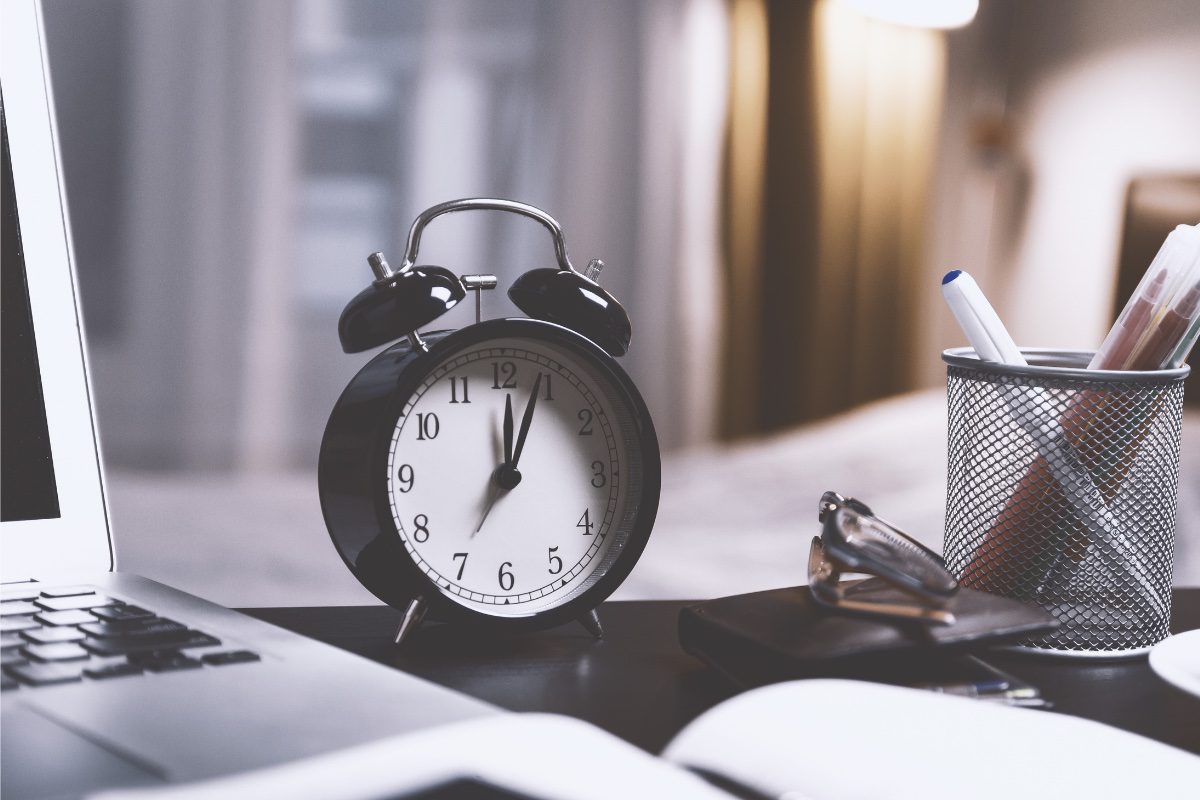W hy are we so careless about the most precious thing we have?
Our time is limited, and each day only has 24 hours. Using our time wisely is essential, which doesn’t necessarily mean getting done as much as possible. Instead, it is about achieving what is important to you.
In the first part of this article (if you missed it, you could find it HERE), I explained my three steps to planning the ‘ideal day’. First, I determine my priorities and goals and define the tasks necessary for implementation. Next, I estimate the required time for each job and block the time in my schedule.
But now, let’s have a closer look at doing time blocking.
How To Time Block
When creating time blocks, I always do the following:
After you have listed all your appointments in the calendar, you have a detailed overview of your day to come.
You gain, so to speak, a timetable that leads you to your goals. But to make this work perfectly, you should pay attention to a few more points.
Some More Tips To Consider:
- Only include tasks that are essential in order to achieve your goals. Say no to all others!
- Treat each item on your calendar like a significant event (e.g., a doctor’s appointment).
- Schedule all activities, especially those that are often sacrificed when things get tight, such as a relaxing lunch break.
- Don’t forget to check that you have accomplished every task in the evening. If not, reschedule unfinished items or scrutinize whether the task is really relevant.A daily check of your schedule will help you improve your future planning, and you will become better each time. Did you estimate the required time accurately? Was the scope of the task okay, or were you overwhelmed or under-challenged? What unexpected disturbances came up? Could you have anticipated them?
What Is The Benefit Of Time Blocking?
At first sight, you might think this type of planning is exhausting and takes away all flexibility. That is not entirely correct. If you organize your whole day in the morning (or the evening before), you have the cognitive effort once, and you only have to decide once what to do.
During the day, your brain is relieved. You can simply follow your plan and stay focused. Additionally, the daily structure helps to build up routines that provide further relief in the long term.
If you start to plan your day consistently, you will avoid unnecessary distractions, identify time thieves and ultimately eliminate them. You also fight your perfectionism. How come? If you set a one-hour time limit for generating a report, you cannot revise it three more times.
Last but not least, you will no longer postpone unfinished business. Unfinished tasks drain energy and make it difficult to focus. If you constantly think about what still needs to be done, you block yourself.
Instead, thanks to good planning, you have a daily sense of achievement and a feeling of control, increasing self-efficacy. You experience less stress, are more productive, work more relaxed, and feel good.
It’s not about doing more in one day; it’s about being more effective.
Take Away
- Schedule all activities on your calendar for successful day planning and block the time.
- Enter appointments and meetings first, then your most important tasks, and finally your action items.
- Be generous and allocate extra time and buffer times.
- Tick off your ‘quick tasks’ at unused buffer time.
- In the evening, verify if everything is done. Reschedule unfinished tasks.
- Make planning your perfect day a daily routine to stay goal-oriented. You will use your time effectively, and you will be more productive.
Have you used Time Blocking in the past? What went well? Please share your ideas with us.
Are you already using your time effectively, or do you need a little support? How about laser-focused coaching in which we can work on all aspects together.
Do you use Google Calendar? Watch the video and learn how to implement Time Blocking.






